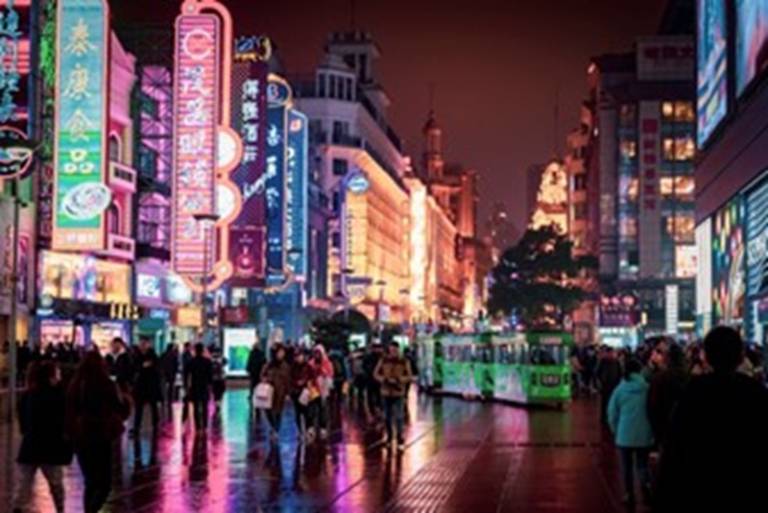Precarity in Urban China: Surviving in Capitalist Ruins
21 June 2024, 12:30 pm–6:30 pm

This half-day workshop uses Anna Tsing’s (2015) 'The Mushroom at the End of the World' as a gateway to invite participants from the humanities and social sciences to explore these local conditions, particularly in connection to the idea that meaningful lives and meaning are pieced together in the “ruins” of capitalism.
This event is free.
Event Information
Open to
- Invitation Only
Cost
- Free
Organiser
-
Dr Alison Lamont and Dr Annabella Massey (both IOE, UCL)
Location
-
IAS Common GroundG11, ground floor, South WingUCL, Gower St, LondonWC1E 6BTUnited Kingdom
The Chinese city now exists in a time and space where the economy slows, work intensifies, and Xi Jinping’s “Chinese Dream” of social mobility seems to dim. In this context, surviving and thriving in the city has become increasingly resource intensive and experiences of precarity have diversified. As Margaret Hillenbrand (2023) has recently demonstrated, states of precarity in China’s urban spaces have been largely underexplored by scholars. Yet exploring precarity in Chinese cities can help us scrutinise the “global city” (Saskia Sassen, 1991) with a local eye: international capitalism under state-managed conditions has created particular pressures and responses which call for academic investigation.
Funded by the IAS Critical Area Studies Fund, this half-day workshop uses Anna Tsing’s (2015) The Mushroom at the End of the World as a gateway to invite participants from the humanities and social sciences to explore these local conditions, particularly in connection to the idea that meaningful lives and meaning are pieced together in the “ruins” of capitalism. The concept of capitalist ruins invokes images of what is left behind in the wake of capitalist advancement and reminds us that capitalism has boundaries and externality, domains of non-capitalist experience from which capitalism itself scavenges. Using Tsing’s work as an entry point, this workshop invites researchers to think of their work in China’s cities in connection to these notions of “salvage accumulation,” and to explore the “landscapes of unintentional design” that rapid development leaves behind, while also drawing attention to the global pull of supply chains and markets. Ranging from lived experiences of precarity and informal work, the gig economy and social media livelihoods, to urban exploration, to urban design and planning policy, through to play and rebellion in the city, this workshop aims to highlight the Chinese city as both a space of precarity and a space made out of the creative response to that precarity.
See the Call for Papers - deadline for submissions, 15th May 2024.
Please note this workshop will take place in-person at UCL, London. Refreshments will be provided during the day, and a speaker’s dinner will be provided after the event at a local restaurant.
 Close
Close

